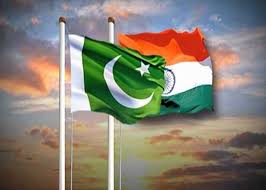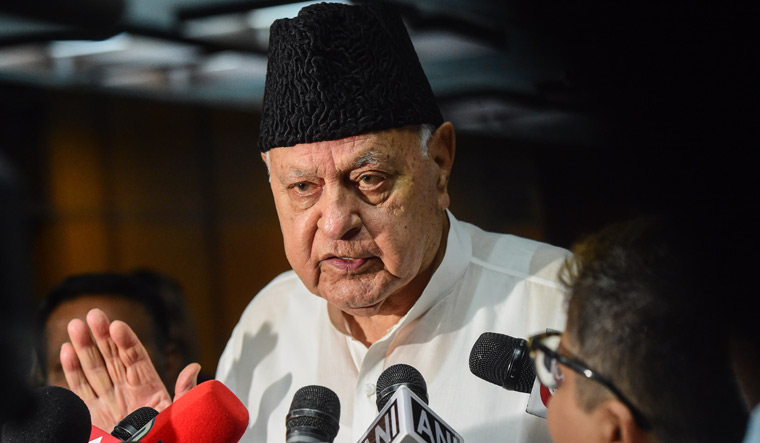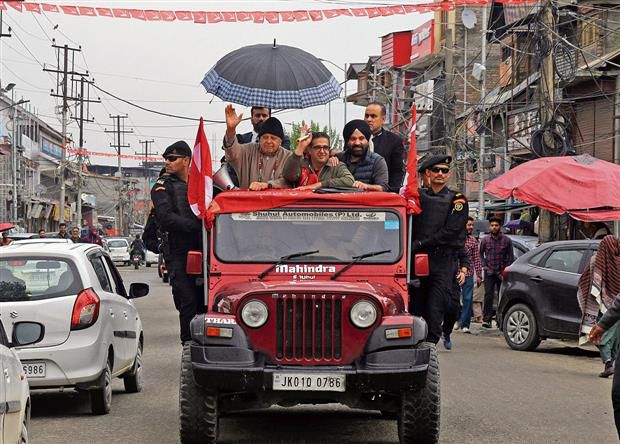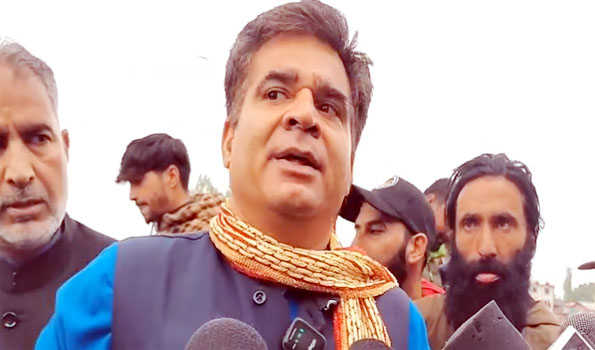Kashmiri human rights defenders from both sides of Kashmir urged India and Pakistan to open the territory to international investigators.
UN High Commissioner for Human Rights Zeid Ra’ad al-Hussein had made UN history of some sorts when he broke international silence a year ago and included Kashmir in the top annual human rights agenda of United Nations. But in the four sessions of UN Human Rights Council since September 2016 and until September 2017, the High Commissioner has complained that New Delhi and Islamabad have not given access to UN investigators who want to assess the human rights situation on both sides of the ceasefire line in Kashmir known as Line of Control.
Pakistan has said it is ready to welcome a UN team in PaK when a similar team lands in the Indian-administered territory.
Kashmiri activists urged both countries to comply with UN request but emphasized “the massive and glaring human rights violations happening in Kashmir on India side.”
Leading the charge was Syed Faiz Naqshbandi, Convener of All-Parties Hurriyet Conference, APHC, the umbrella organization of political parties in Kashmir.
“There is grim situation of human rights in Indian side of Jammu and Kashmir,” Naqshbandi said, adding, “where on the one hand, India does not allow UN fact finding team to visit Kashmir as said by the High Commissioner for Human Rights and on the other, the armed forces of India enjoy impunity.”
Naqshbandi raised the issue of the “illegal” detention of APHC leadership Mirwaiz Dr Umar Farooq, Syed Ali Shah Gillani, and Yasin Malik.
Shamim Shawl, senior women’s leader of APHC, in her statement in front of High Commissioner Zeid Al-Hussein, welcomed the High Commissioner’s statements where “Indian and Pakistan were asked to give access to fact finding missions to ascertain the human rights situations on the both sides of line of control.”
Shawl praised UN High Commissioner for Human Rights “for singling out India on treatment of minorities”.
“My organization is also thankful to the office of the high commissioner for showing its dismay over the rise of intolerance towards religious and other minorities in India,” she said.
Senior APHC leader Parvez Ahmad Shah welcomed UN Human Rights Council’s emphasis on sending fact-finding missions to PaK and Kashmir.
“My organization supports the high commissioners continued demand from Indian and Pakistani governments for sending fact finding missions on both sides of Line of Control.”
“During the recent update,” Shah said, “the high commissioner has again emphasized for sending missions. The states must cooperate with the UN procedures and mandate holders to unfold the truth which will on one hand expose the claims of the states for the wrongdoings and on the other hand will assist in satisfying the victims to know the reality and the fate of their loved ones especially the enforcedly disappeared persons in Jammu and Kashmir.”
Prof. Shagufta Ashraf, from PaK, welcomed UN decision to send fact-finding teams.
“I welcomed the statements made by High Commissioner in last 2 consecutive HRC’s session when both the governments of India and Pakistan were being asked to give access to fact finding missions to ascertain the human rights situations on the both sides of line of control.”
Recalling India’s refusal to grant access to its team, Ashraf welcomed UN’s decision to create a remote monitoring mechanism for rights violations in Jammu and Kashmir.
“In such circumstances, Mr. President, It is imperative and I appreciate that his office is undertaking remote monitoring of the human rights situation in Kashmir on both sides of the Line of Control to expose the real face of n forces who have been running slaughtering machine in J&K for decades,” Ashraf said.
Quoting an expression being used at the UN on Burma, Ashraf said the situation in Kashmir “seems a textbook example of systemic genocide.”
Nine Member Kashmiri delegation is led by Kashmir rights activists Altaf Wani






